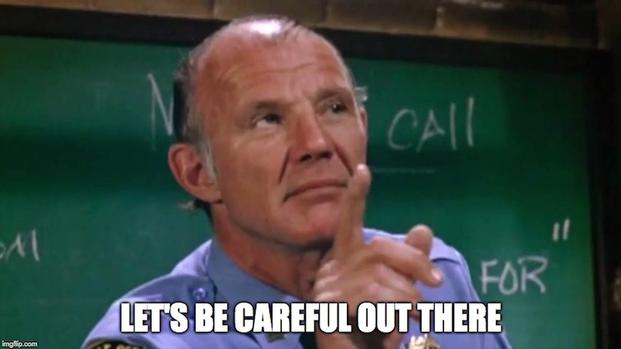Over the past couple of years, much has been written about the downside from immersing ourselves in technology. From the far too many data breeches to warnings about too much screen time to predictions of artificial intelligence taking over the world, it’s pretty hard to escape.
But suppose you really did want to escape.
A writer for Gizmodo decided to test that premise and find out what happens if she said goodbye to the big five: Amazon, Facebook, Google, Microsoft, and Apple. Or if it was even possible.
People have done thought experiments before about which of the “frightful five” it would be hardest to live without, but I thought it would be more illuminating, if painful, to do an actual experiment: I would try to block a tech giant each week, to tell the tale of life without it. At the end of those five weeks, I’d try to block all of them at once. God help me.
She found out very quickly that her experiment would require some special tech expertise, including a custom VPN that the average person wouldn’t have access to.1
Each of the six parts to this story are a little long and can sometimes get somewhat geeky, but I think it’s all worth your time. If you teach high school kids, this would be some good stuff to have them explore as well. I doubt they have any idea how far the threads from even one of these companies are woven into their lives.
For myself, I already know that there’s no way I can extract myself from Apple. Not without replacing lots of expensive devices I use every day. Plus Apple Music, iCloud, and who knows what else.
Google is another tech giant that would also be hard to leave completely. Even if I switched to Duck Duck Go for search, stopped using the Chrome browser, and relied on Apple Maps for directions,2 their code is still in the background of practically every site on the web. They’ve become very good at tracking me.
The same is true for Amazon. Even if you never bought anything from the company (or any of the many companies they’ve bought), their Amazon Web Services hosts tens of thousands of other websites. Even some of their retail competitors. They’re also very good at tracking people, even into the real world.
The segment on Microsoft surprised me a little. I thought I had cut the cord with them when I left the overly-large school district that employed me. Kill my Outlook account and delete Office. Done. I didn’t realize their software was behind the screen in my car.
And then there’s Facebook. I have an account that I open infrequently, usually to see photos from friends and family, and to catch up with the latest strips from Bloom County. Despite never posting anything original,3 I still see evidence of Facebook lurking all over the web.
Anyway, as I said, take some time to read this series. Even if you have no interest in escaping from any of these tech behemoths, everyone needs to understand how they are collecting and using our data.
Image: Escape by d76, posted to Flickr and used under a Creative Commons license.
1. I suspect that the average person doesn’t even know what at VPN, virtual private network, is.
2. Apple Maps is actually excellent, certainly much better today than it was when introduced almost seven years ago. Google’s Street View, however, is still the most compelling reason to stick with their mapping service.
3. I have a few images on Instagram, posted before Facebook bought them, and I regularly open that app because that’s where some photographer friends post their images.




